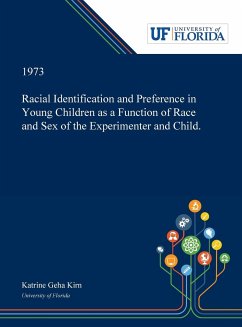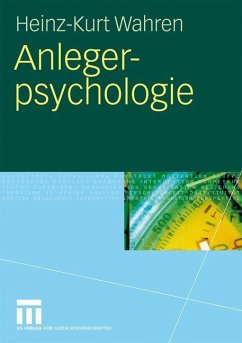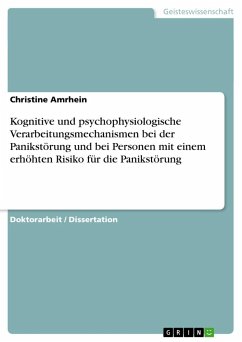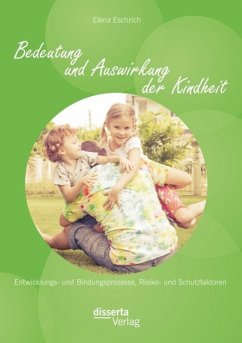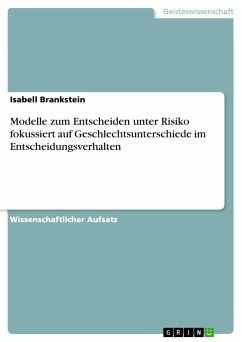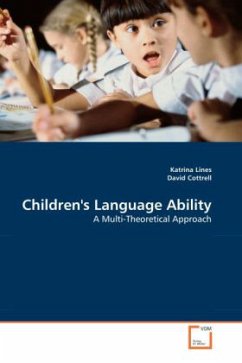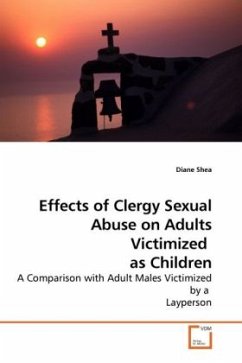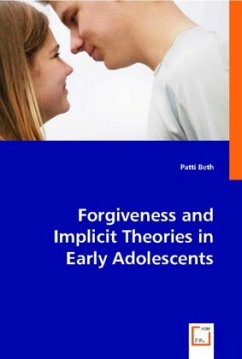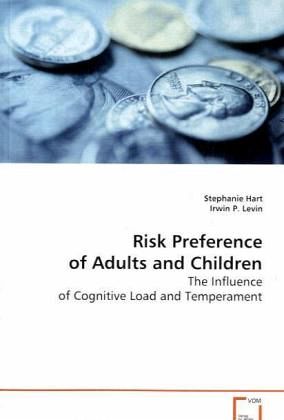
Risk Preference of Adults and Children
The Influence of Cognitive Load and Temperament
Versandkostenfrei!
Versandfertig in 6-10 Tagen
32,99 €
inkl. MwSt.

PAYBACK Punkte
16 °P sammeln!
What makes some people risk-seeking and othersrisk-averse? We investigate whether the availabilityof processing resources moderates the relationshipbetween temperament and risk preference. Furthermore,we examine the moderating role of processingresources between temperament and risk takingdevelopmentally, in younger children (aged 6),older children (aged 9), and adults. The findings arediscussed in relation to theories of risky decisionmaking that posit dual cognitive-affective appraisalprocesses, specifically the "risk-as-feelings"hypothesis of Loewenstein and colleagues (2001). Thecurrent fi...
What makes some people risk-seeking and othersrisk-averse? We investigate whether the availabilityof processing resources moderates the relationshipbetween temperament and risk preference. Furthermore,we examine the moderating role of processingresources between temperament and risk takingdevelopmentally, in younger children (aged 6),older children (aged 9), and adults. The findings arediscussed in relation to theories of risky decisionmaking that posit dual cognitive-affective appraisalprocesses, specifically the "risk-as-feelings"hypothesis of Loewenstein and colleagues (2001). Thecurrent findings lend support to the theoreticalclaims of dual-process models of risk taking. Whencognitive resources are restricted there is anincreased reliance on automatic, emotional responsesto the risky decision task.



